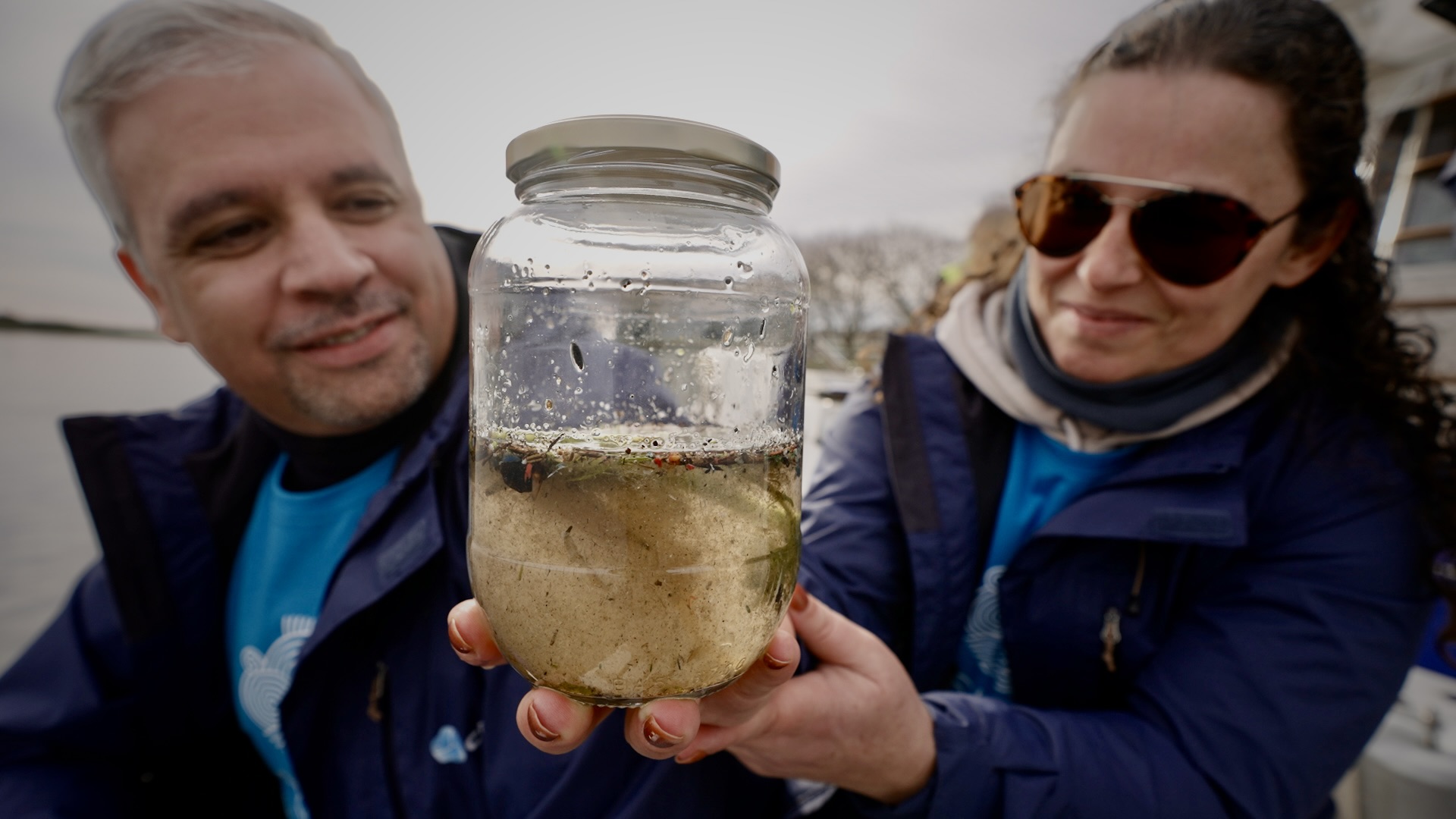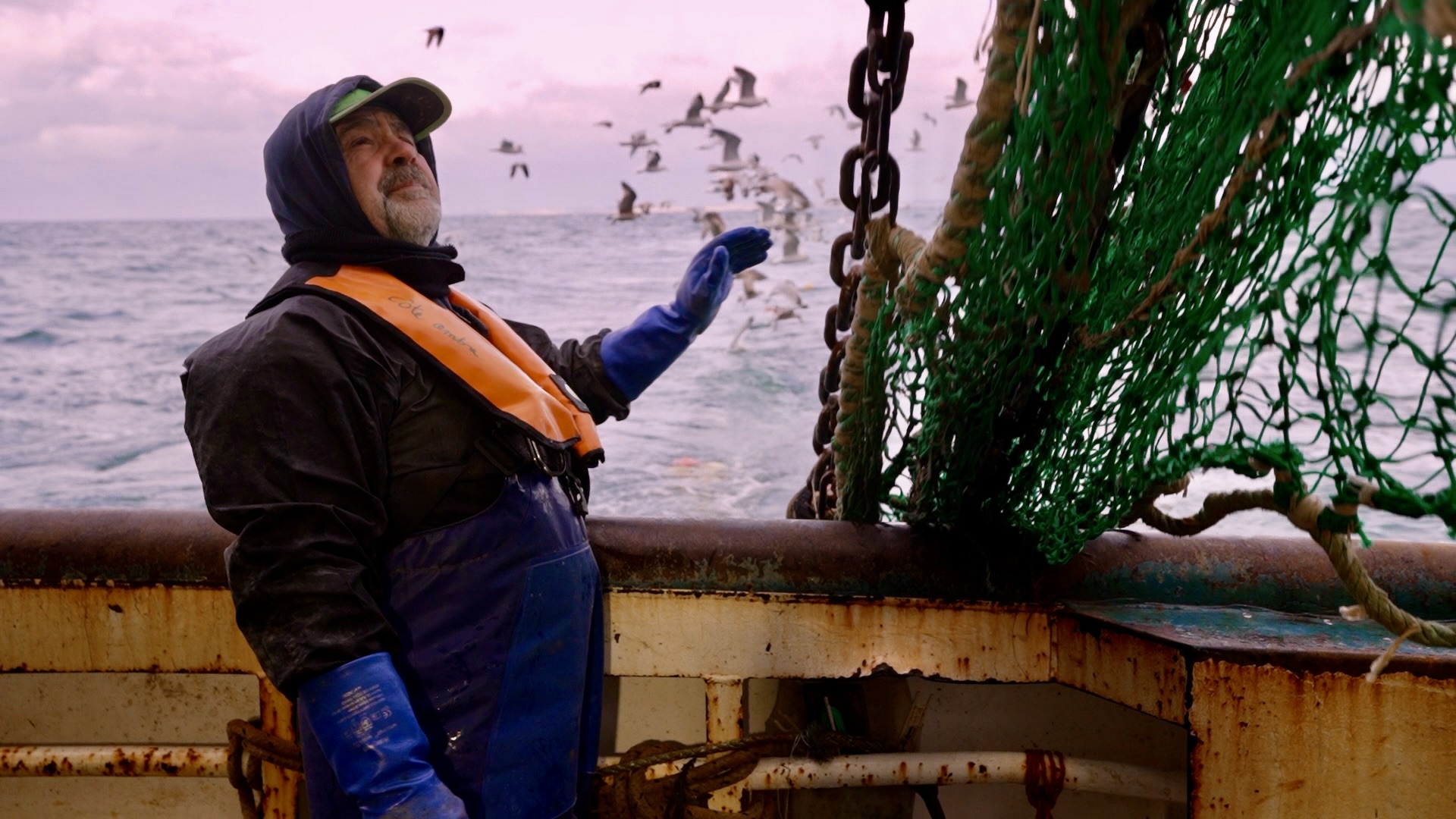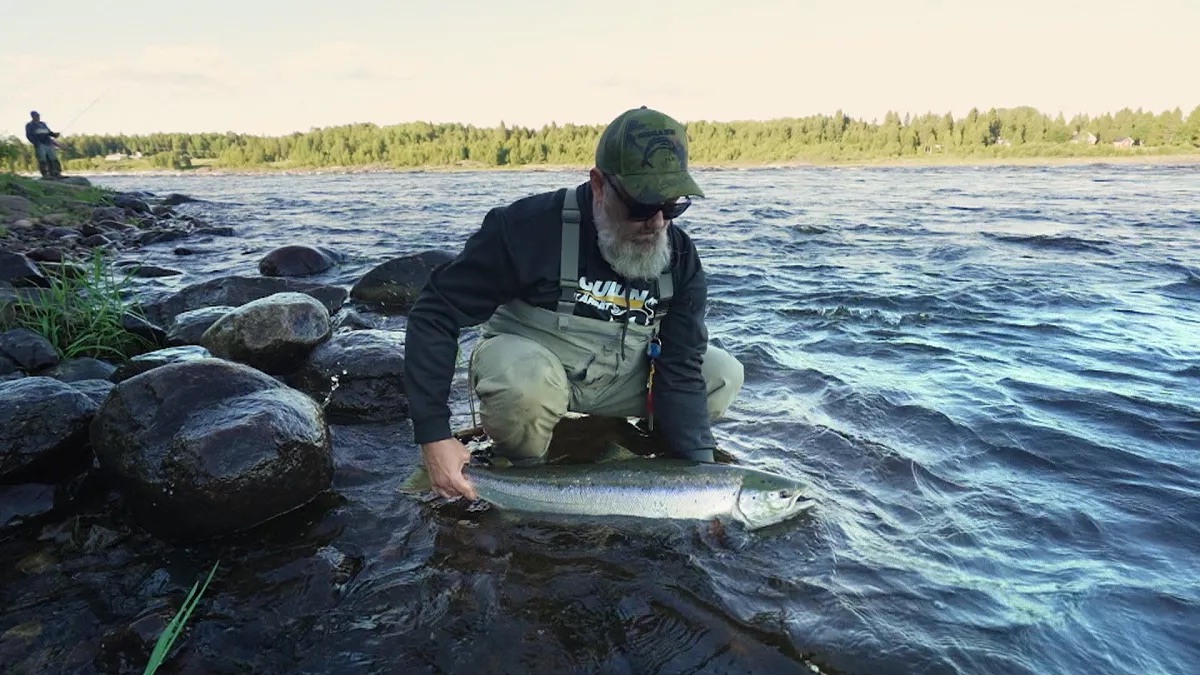For this edition of Russian Life, euronews travels to the Kaliningrad exclave. Isolated from the rest of the country, it is the smallest, youngest and greenest of Russia’s territories.
Its convenient location and nice weather make the bicycle a popular way to get around the city.
Gennady Mikhailov, Executive Director, Kaliningrad region Cycling Federation:
“We’re 30 minutes from the sea, the place is environmentally friendly, with clean air, lots of green trees and interesting terrain. And everything in Kaliningrad is close by – you can cross the whole city on foot in around an hour and a half.”
Not much is left of the original German enclave of Koenigsberg, as this region was known before it was passed to the Soviet Union at the end of the Second World War. Allied air raids ruined the historic centre before the city was taken by the Soviet army.
One of the few surviving buildings is the medieval cathedral. Daily concerts on its recently restored pipe organ bring in visitors from all over Russia and the rest of the world.
Factfile: Kaliningrad
- Kaliningrad region is completely surrounded with EU countries and has no land border with the main part of the Russian Federation
- It has an area of 15,100 sq. km, and the population is 941,873
- The distance from Kaliningrad to Poland is 35 km, Lithuania 70 km, Moscow 1289 km
- The Kaliningrad region is the only Russian tourist resort on the Baltic sea
- Storks, Baltic eel and amber are the unofficial symbols of the region
Artyom Khachaturov, Kaliningrad Cathedral’s main organist, says:
“Kaliningrad is special, it’s unlike other places in Russia, mostly because Europe is very close. So all the European tourists who come here bring strong cultural influences that locals observe and absorb into their daily lives.”
In the city port, old industrial buildings are now filled with local artists who work with Kaliningrad’s best known natural resource, amber.
This organic gemstone is made of fossilised pine resin. It varies widely in size, colour and transparency. Jewellers say amber is very different from other stones: originating from living plants, it feels like it has life and sunlight preserved within it.
Alexander Yuritsin is an amber jeweller and was happy to talk about its qualities:
“Amber is good for your health. If you cut granite, you have to wear a protective mask and goggles. But when you work with amber, you don’t have to take these precautions – it makes you sturdy, young and handsome.. Like me, you see!”
A short trip away from Kaliningrad are Russia’s Baltic sea resorts. Pieces of amber torn from the sea floor are sometimes cast by the waves on the white sand beaches, where they can be collected by hand, but most of the raw amber comes from the vast quarry just outside the town of Yantarny.
Our guide Elena Platunova told us:
“Behind me you can see the world’s only strip-mined natural deposit of amber. The quarry goes 50 meters deep, and the industrial extraction here, on the Sambia peninsula in the Baltic Sea, produces more than 90% of the global supply of amber.”
Nearby an old quarry, decommissioned in the 1970s, has flooded and been transformed into the Amber Lake – a hot spot for scuba divers. This 30 metre deep lake has served as a film set for many action movies: plane fuselages, ammunition cases and other props are scattered all over the lake bed.
We are now almost at the end of our trip around Russia. In our last two editions, we will conclude our journey around the country with a look a the capital city, Moscow. That’s next week in Russian Life.
Traveler’s Diary: Kaliningrad
Russia’s Kaliningrad region is believed to hold more than 90 percent of the world’s total amber deposits. This beautiful gemstone is the region’s main tourist attraction, but people come here for outdoor pursuits. Biking, yachting and kayaking can all be enjoyed along the scenic Baltic coasts.
But the most unusual characteristic of this special region is the fact that Kaliningrad is completely isolated from the rest of Russia. This 15,100 sq. km piece of land is completely surrounded by other EU countries. For about one million local inhabitants, that makes their region very special – in fact, they are hoping to become a test ground for eventual visa-free agreements between Russia and the EU. Although all of Kaliningrad’s citizens are either descendants of newcomers or newcomers themselves (the whole population of this area was replaced after the Second World War, when the formerly German territory was taken over by the Soviet Union), the people of Kaliningrad feel very attached to their homeland and its long cultural heritage. Most famously, the philosopher Immanuel Kant was born here in what was then known as Koenigsberg in 1724.
The city is proud of its two unique museums – the Amber Museum and the even more impressive World Ocean Museum, which features real vessels moored on the bank of the Pregel river. There are some surprisingly classy restaurants, where prices are around three times lower than in Moscow.
Despite the Kaliningrad region being completely surrounded by EU countries, EU citizens still require a Russian visa to enter. Some tour operators arrange short-term tourism visas for citizens of Schengen member states, UK, Switzerland and Japan.





